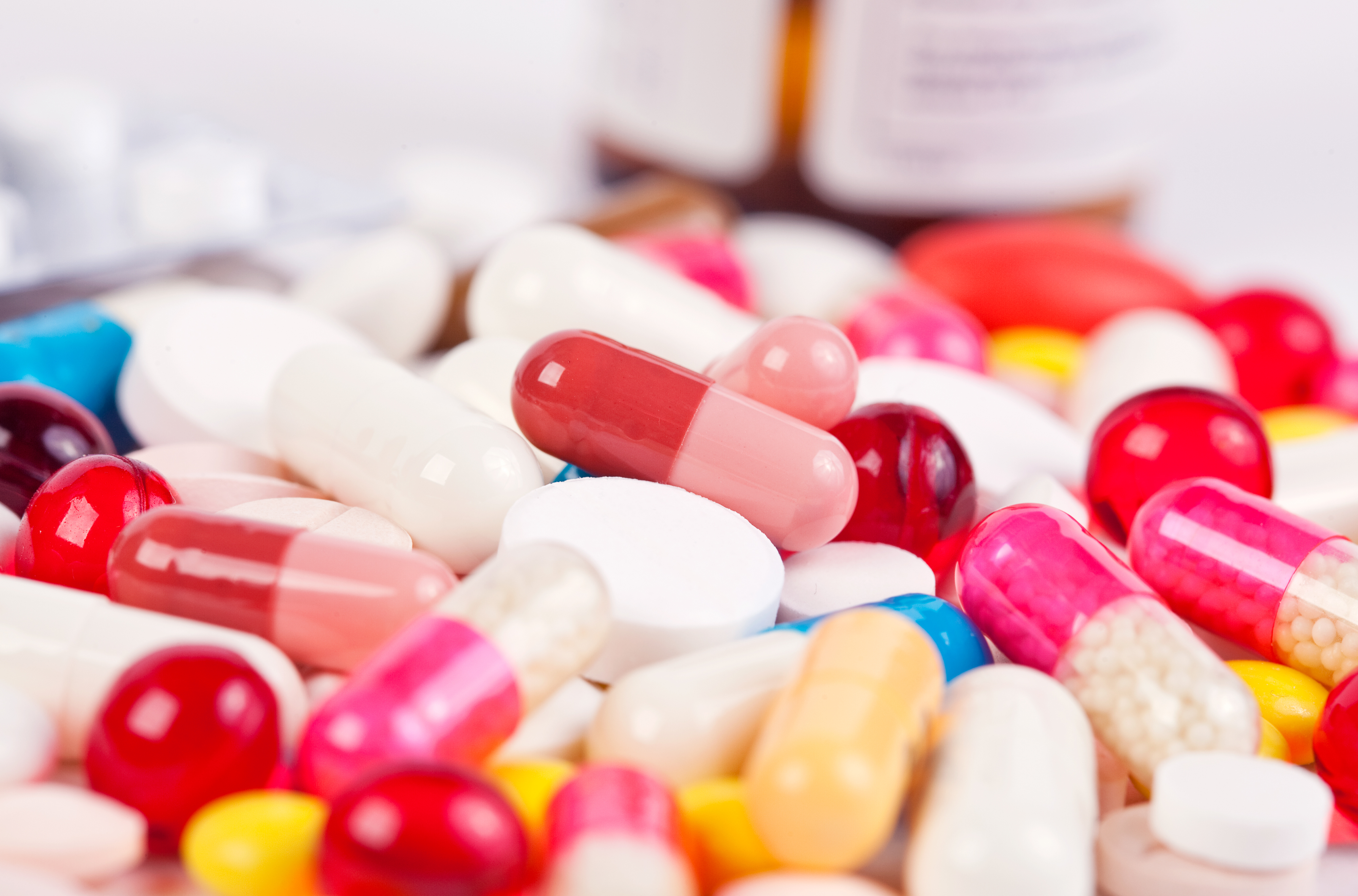Contents:
- Medical Video: Allergy Symptoms & Treatments : How to Cure Dust Allergies
- Why can a drug allergy occur?
- Antibiotic drug allergies
- Apart from antibiotic drug allergies, this list of drugs can also trigger allergies
- Reaction of non-allergic drugs
- Treatment of drug allergies
Medical Video: Allergy Symptoms & Treatments : How to Cure Dust Allergies
The main function of the drug is to relieve certain medical conditions. Unfortunately, there are several types of drugs that actually cause allergic reactions for users. In medical terms, this condition is called drug allergy. In addition to common antibiotic drug allergies, there are several other types of drugs that also run the risk of triggering an allergic reaction. Anything? Know the answers in this article.
Why can a drug allergy occur?
Drug allergy is an overreaction of the immune system to certain types of drugs. So this way, your immune system is designed to protect the body from foreign substances (such as viruses, bacteria, parasites, and other toxic substances). Now, when certain drugs enter the body, your immune system responds to it as a dangerous substance that can harm the body.
This allergic reaction generally occurs when you use a particular drug for the first time. But, it does not rule out the possibility, a new allergic reaction appears when you have used the drug many times without a problem.
Symptoms of drug allergies range from mild, so you do not pay attention to the symptoms. You may only experience itching, rashes on the skin, runny eyes, swelling, or shortness of breath. However, severe drug allergies can lead to anaphylaxis, a serious reaction that causes widespread failure of the body's system. If not treated immediately, the condition will be fatal.
That is why, always tell your doctor or medical professional about your allergy history for certain types of drugs before undergoing any medical treatment.
Antibiotic drug allergies
Allergic antibiotics are the most common allergic reactions that are often experienced by many people. Penicillin antibiotics are the most common cause people complain about. People who are allergic to penicillin are also allergic to similar antibiotics, namely:
- Amoxicillin
- Ampicillin
- Tetracycline
Many people still don't believe they have an antibiotic drug allergic reaction. To find out this, do a skin prick test (skin prick test). This allergy test is the best way to find out whether you have antibiotic drug allergies or not.
Apart from antibiotic drug allergies, this list of drugs can also trigger allergies
Almost all drugs can trigger side effects for the body, but not all drugs can cause allergies. The types of drugs that have the potential to trigger a greater allergic reaction include:
- Non-steroidal anti-inflammatory drugs (NSAIDs) such as ibuprofen and naproxen
- An aspirin medicine
- Chemotherapy drugs in cancer treatment
- Medications for autoimmune diseases, such as rheumatoid arthritis (rheumatism)
- Cortisteroid cream or lotion
- Medications for people with HIV / AIDS such as abacavir and nevirapine
- Insulin for people with diabetes
- Anticonvulsant drugs such as carbamazepine, lamotrigine, phenytoin, and others
- Medication for relaxing muscles such as atracurium, succinylcholine or vecuronium
Reaction of non-allergic drugs
Sometimes reactions to drugs can produce signs and symptoms that are almost the same as drug allergies, but the symptoms are not triggered by immune system activity. This condition is called a non-allergic hypersensitivity reaction. The types of drugs that are often associated with this condition include:
- Dyes used in several X-ray rays
- Heart disease drug called ACE inhibitors
- Opiates to treat pain
- Local anesthesia
Treatment of drug allergies
The main treatment for treating drug allergies is to stop consuming or using drugs that cause allergies. After that, contact your doctor immediately if you have an allergic reaction after taking certain drugs. The doctor may give antihistamine drugs to inhibit the body's immune system reaction that is activated by the body during an allergic reaction.












